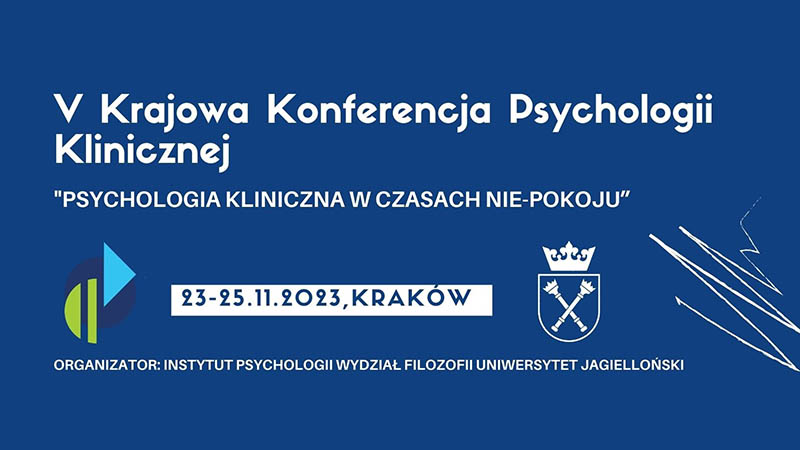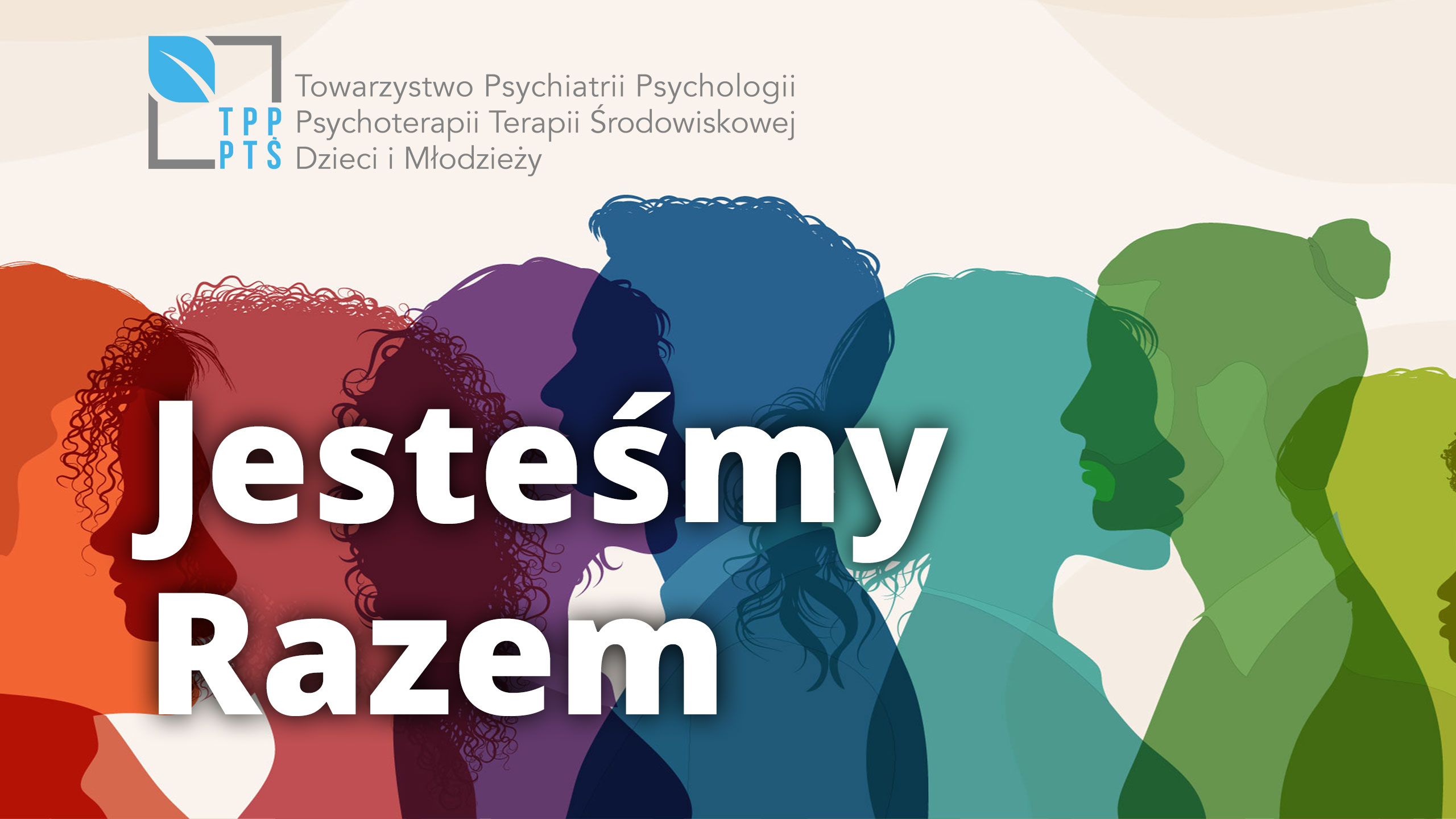Development of cognitive processes in schoolchildren with learning difficulties in the light of analysis of WISC-R results
Joanna Mazurkiewicz-Gronowska1, Ewa Turczyn-Iskrzak2
 Affiliacja i adres do korespondencji
Affiliacja i adres do korespondencjiFor several years now, noticeable has been a significant increase in the interest of psychologists – practitioners and scientists, of parents and teachers in the issues of dyslexia, dyscalculia, and other developmental disorders. Specific learning difficulties constitute one of the most prevalent causes of reporting children to psychological and pedagogic outpatient departments. The results of the performed studies enable inter- and intra-group comparisons as well as a global analysis of the structure of intellectual development in children with various learning difficulties. This leads to interesting conclusions and allows for comprehensive scientific discussions. The subject of the article is presentation of the results of studies and conclusions formulated according to them, about the structure of intellectual development of children with learning difficulties diagnosed in two psychological-pedagogic outpatient departments in Lublin region (Psychological-Pedagogic Outpatient Department No 5 in Lublin and Psychological- Pedagogic Outpatient Department No 2 in Zamość). Analysed were the results of the WISC-R scale obtained by schoolchildren from forms IV-VI of elementary schools and junior secondary schools in Lublin and schools of Zamość county. As scholastic difficulties constitute quite a comprehensive term, generally perceived as problems in acquisition of information and mastering school skills, in our study we take into account the following three groups of schoolchildren: with developmental dyslexia, intelligence lower than average, and specific disorders in arithmetic skills. The performed analyses are aimed at familiarization with the developmental level of the schoolchildren’s cognitive functions and their intellectual skills structure based on a three-factor analysis. Our studies continue earlier analyses, including more comprehensive research areas with larger groups.















